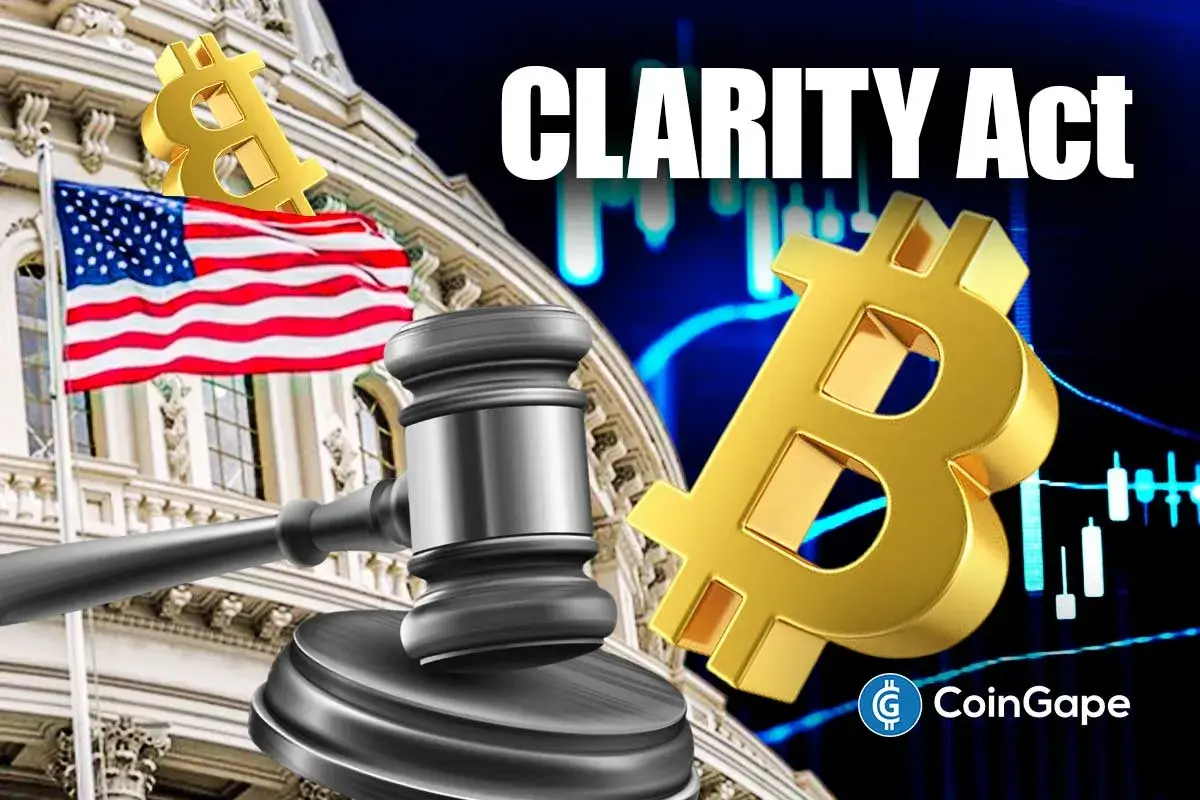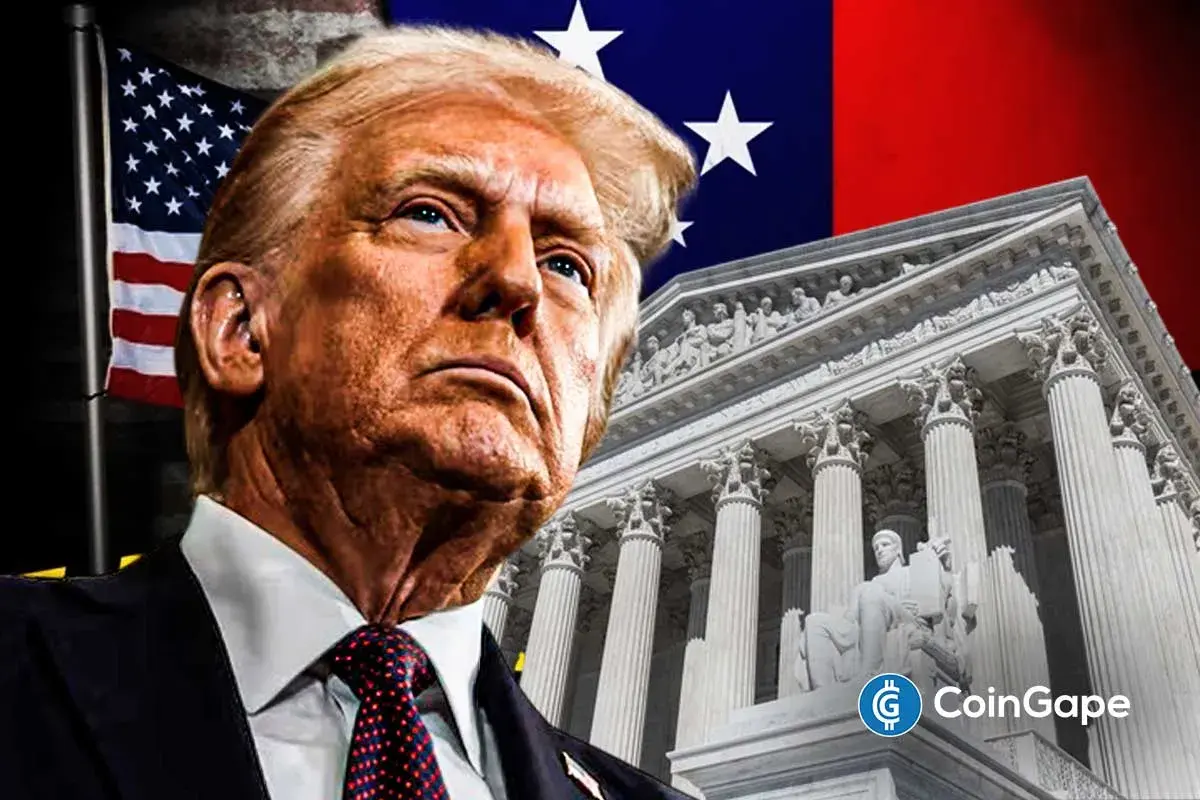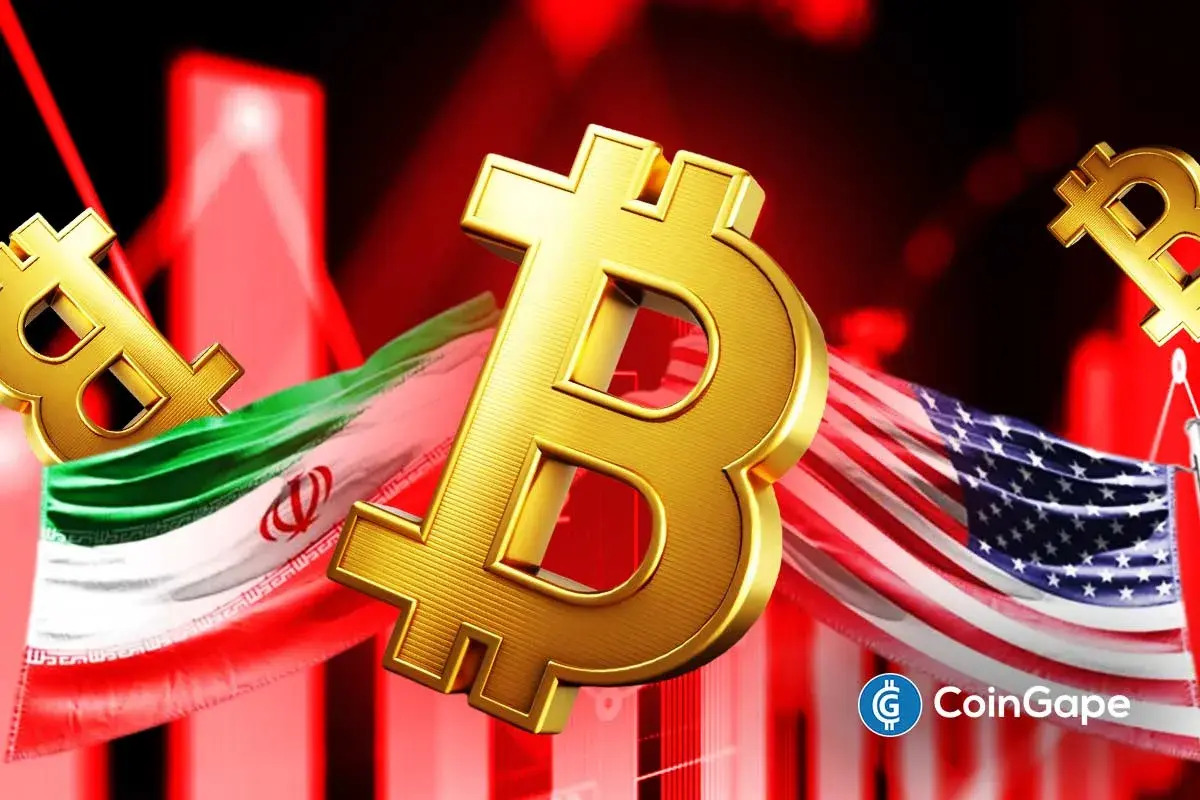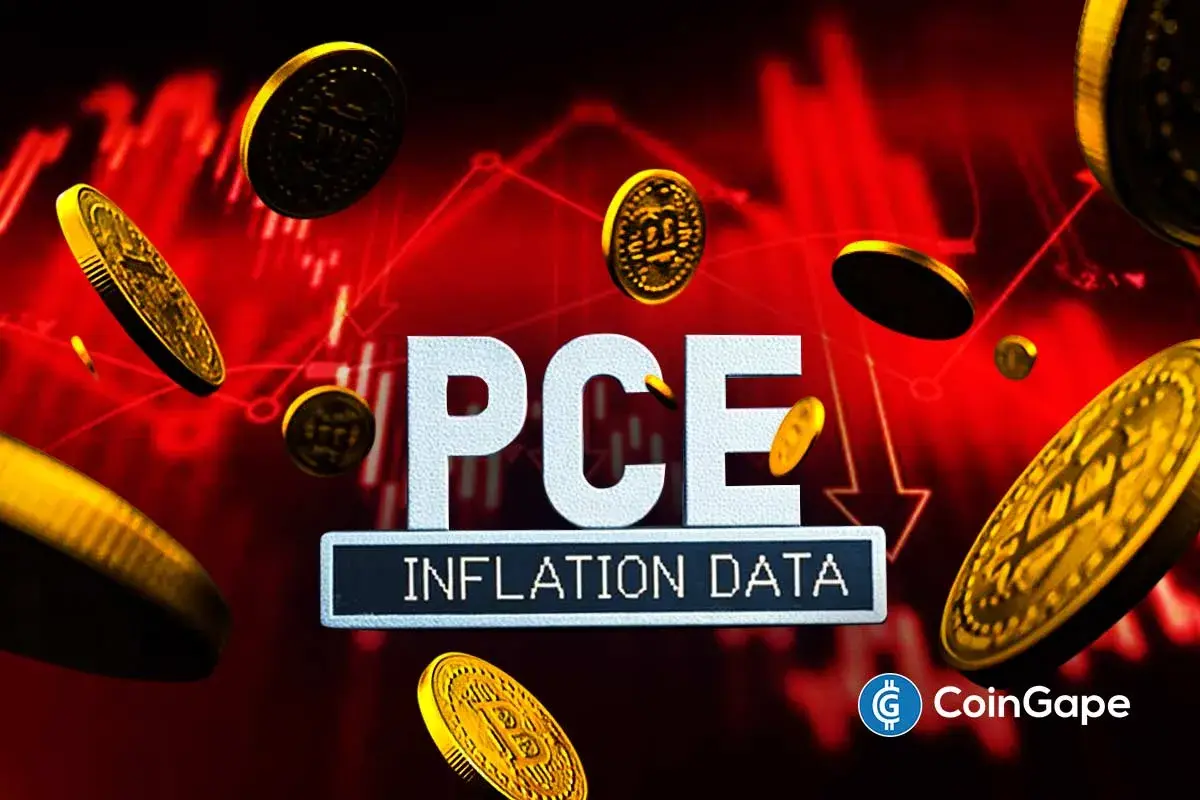Just In: Central Bank of Nigeria (CBN) Nullifies Banking Restrictions On Crypto Players

The Central Bank of Nigeria (CBN) has eased its strict regulations on virtual asset service providers (VASPs), which include cryptocurrency exchanges. The apex body has allowed them to operate accounts with banks and other financial institutions in a significant policy shift.
Local papers outlined the recent circular that marks a notable change from CBN’s previous ban.
Also Read: Binance Declared “Illegal” By Nigeria SEC, Ordered To Cease Operations
Nigeria embraces regulation over ban
In 2021, CBN directed banks to close accounts associated with crypto businesses. Nigeria was reportedly fighting money laundering and terrorism financing concerns with the ban. Considering there was no policy framework at the time to protect retail consumers.
However, reports note that the global shift towards crypto regulations has led to the relaxation of the ban.
In a discussion with the local paper BusinessDay, a cryptocurrency exchange operator expressed optimism, viewing this as a sign of “good times ahead” for Nigeria’s cryptocurrency sector.
While this could mean growth opportunities for domestic crypto-related businesses, CBN still maintains a cautious approach.
Trading restrictions are still in place
Banks in Nigeria are not permitted to hold, trade, or transact in virtual currencies. They can only facilitate crypto transactions as per the new rules. However, it has provided legal recognition to virtual asset service providers (VASPs) under Section 30 of the Money Laundering Act of 2022.
Notably, the Financial Action Task Force (FATF) has mandated that VASPs be regulated to mitigate the risks of money laundering and terrorism financing (ML/FT). Furthermore, the inclusion of VASPs in Nigeria’s Money Laundering (Prevention and Prohibition) Act of 2022 necessitates regulatory oversight as financial institutions.
Crypto is no longer illegal in Nigeria.
It’s fair to run with this narrative.
— Harri Obi (@Harri_obi) December 22, 2023
Earlier in May, Nigeria’s Securities and Exchange Commission also started mulling digital rules to allow the listing of tokens. Additionally, the SEC introduced rules on the issuance, offering, and custody of digital assets and VASPs.
And now CBN’s most recent guidelines appear to steer towards a more liberal regulatory framework for cryptocurrencies in Nigeria.
Also Read: Nigerian SEC Mulling Support for Asset-Backed Token Over Crypto
- CLARITY Act: Trump’s Crypto Adviser Says Stablecoin Yield Deal Is “Close” as March 1 Deadline Looms
- Trump Tariffs: U.S. To Impose 10% Global Tariff Following Supreme Court Ruling
- CryptoQuant Flags $54K Bitcoin Risk As Trump Considers Limited Strike On Iran
- Why Is Bitdeer Stock Price Dropping Today?
- Breaking: U.S. Supreme Court Strikes Down Trump Tariffs, BTC Price Rises
- Ethereum Price Rises After SCOTUS Ruling: Here’s Why a Drop to $1,500 is Possible
- Will Pi Network Price See a Surge After the Mainnet Launch Anniversary?
- Bitcoin and XRP Price Prediction As White House Sets March 1st Deadline to Advance Clarity Act
- Top 3 Price Predictions Feb 2026 for Solana, Bitcoin, Pi Network as Odds of Trump Attacking Iran Rise
- Cardano Price Prediction Feb 2026 as Coinbase Accepts ADA as Loan Collateral
- Ripple Prediction: Will Arizona XRP Reserve Boost Price?
















